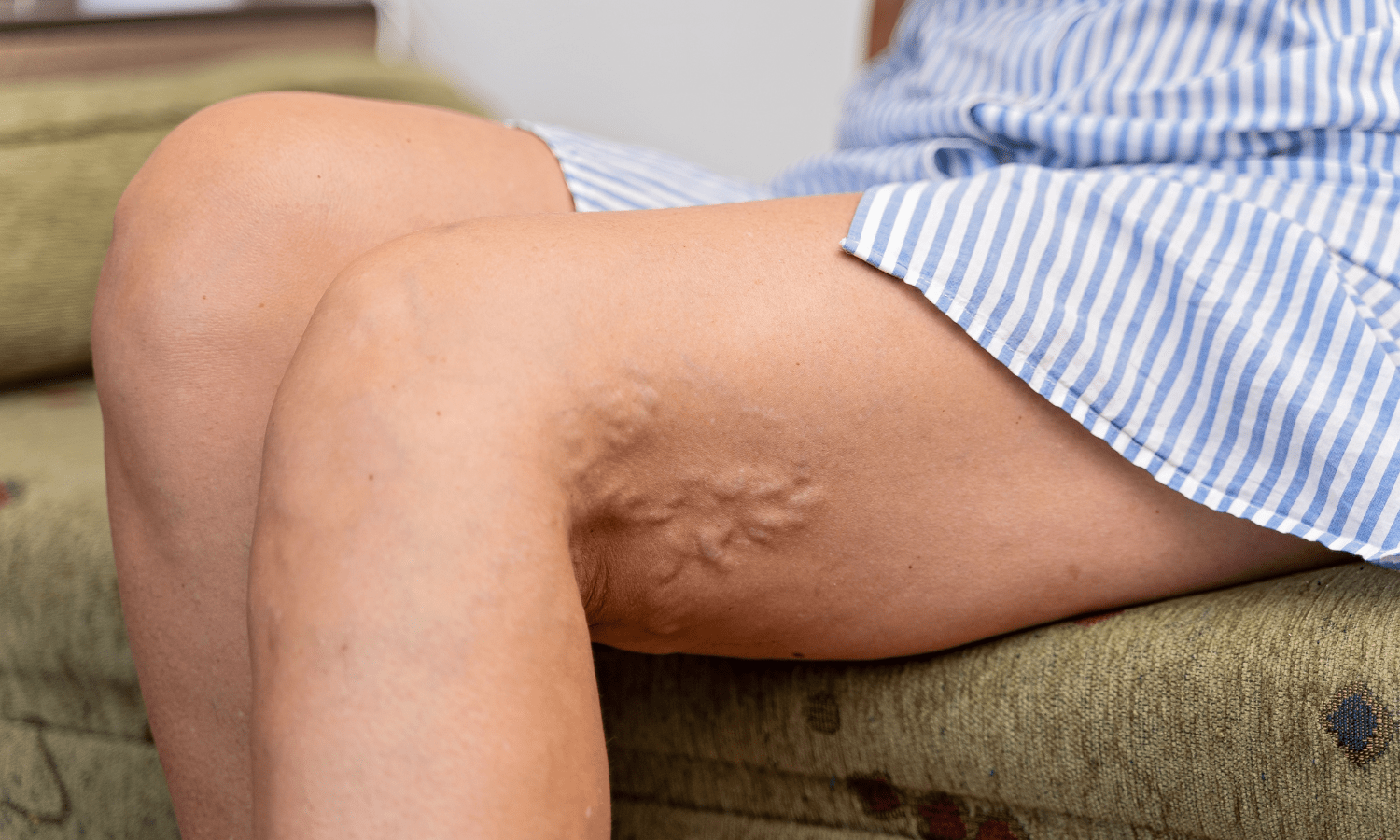Signs & Symptoms of Varicose Veins
What are Varicose Veins?
Varicose veins are a common yet often misunderstood condition that affects millions of people worldwide. They occur when veins, primarily in the legs, become enlarged, swollen, and twisted due to weakened or damaged vein walls and valves. In fact, it's estimated that approximately 22 million women and 11 million men between the ages of 40 and 80 suffer from varicose veins in the United States alone [1].
Although varicose veins may not always pose a severe health risk, they can cause discomfort and affect a person's self-esteem due to their appearance. This blog post aims to provide you with a comprehensive understanding of the signs and symptoms of varicose veins, as well as their causes, risk factors, and available treatment options. By the end of this post, you'll have the knowledge to recognize varicose veins and be empowered to make informed decisions about your vascular health.
Causes and Risk Factors of Varicose Veins
Understanding the causes and risk factors associated with varicose veins is crucial to preventing and managing the condition. Veins are responsible for transporting blood from various parts of the body back to the heart. They have one-way valves that keep blood flowing in the right direction, preventing it from pooling. However, when these valves become weak or damaged, blood can accumulate, leading to the formation of varicose veins [1].
Several factors can contribute to the development of varicose veins, including:
Age: The risk increases as you get older due to the natural wear and tear of your veins [2].
Gender: Women are more likely than men to develop varicose veins, potentially due to hormonal changes [3].
Genetics: A family history of varicose veins increases your risk [4].
Obesity: Excess weight puts added pressure on your veins, leading to potential damage [5].
Prolonged standing or sitting: Remaining in one position for extended periods can cause blood to pool in your legs [6].
While some risk factors, such as age and genetics, are beyond your control, others, like maintaining a healthy weight and adopting good habits, can help reduce the risk of developing varicose veins.
Signs and Symptoms of Varicose Veins
Visible signs
Varicose veins are often visible beneath the skin and can be identified by their blue or dark purple color and twisted, bulging appearance [7].
Physical symptoms
While some people with varicose veins may not experience any discomfort, others may have the following symptoms [8]:
Aching or throbbing legs
Leg heaviness or fatigue
Swelling in the lower legs or ankles
Itching around the veins
Skin changes, such as discoloration, dryness, or inflammation
Ready to Take the Next Step?
Recognizing the signs and symptoms of varicose veins is vital for seeking appropriate treatment and improving your quality of life. If you suspect you have varicose veins or are experiencing any discomfort, don't hesitate to schedule an appointment with our vascular specialist at Indiana Vascular. With proper care and prevention, you can maintain healthy veins and live a more comfortable life.
Sources
Cleveland Clinic. (2019). Why Do Varicose Veins Form? Retrieved from https://health.clevelandclinic.org/why-do-varicose-veins-form/
WebMD. (2020). Varicose Veins and Spider Veins. Retrieved from https://www.webmd.com/skin-problems-and-treatments/varicose-veins-spider-veins
Mayo Clinic. (2021). Varicose veins. Retrieved from https://www.mayoclinic.org/diseases-conditions/varicose-veins/symptoms-causes/syc-20350643
MedlinePlus. (2021). Varicose veins. Retrieved from https://medlineplus.gov/varicoseveins.html
Harvard Health Publishing. (2020). What can I do about varicose veins? Retrieved from https://www.health.harvard.edu/womens-health/what-can-i-do-about-varicose-veins
American Vein & Vascular Institute. (2020). What Causes Varicose Veins? Retrieved from https://americanvein.com/what-causes-varicose-veins/
NHS. (2018). Varicose veins. Retrieved from https://www.nhs.uk/conditions/varicose-veins/
Johns Hopkins Medicine. Varicose Veins. Retrieved from https://www.hopkinsmedicine.org/health/conditions-and-diseases/varicose-veins

